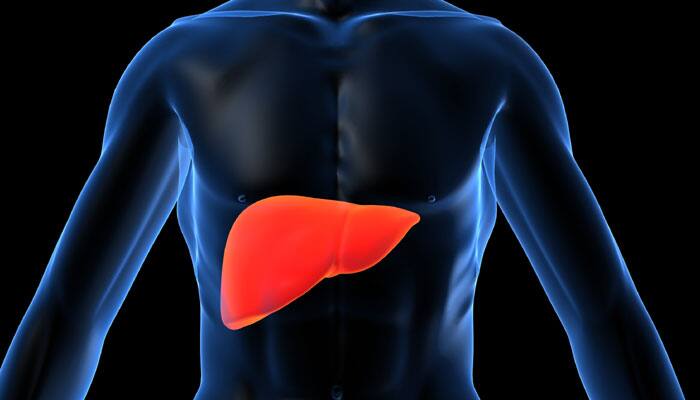Beijing: Neonatal hepatitis B vaccination can significantly reduce the risk of liver cancer and other liver diseases in young adults, says a study.
The findings are based on long-term outcomes from a controlled trial of neonatal HBV (hepatitis B virus) vaccinations that were conducted between 1983 and 1990 in Qidong County, a rural area in China with a high incidence of HBV-related primary liver cancer (PLC) and other liver diseases.
"Neonatal HBV vaccination significantly decreased HBsAg seroprevalence in childhood through young adulthood and subsequently reduced the risk of PLC and other liver diseases in young adults," said Chunfeng Qu from the Chinese Academy of Medical Sciences' Cancer Institute and Hospital.
HBsAg seroprevalence is an indicator of hepatitis B virus infection.
In this study, 41 rural towns (including 77,658 newborns) were randomised to the intervention (HBV vaccination for all newborns) or control (no vaccination) groups.
Two-thirds of the control group participants received a catch-up vaccination at age 10-14 years.
Based on survey data collected in 1996-2000 and 2008-2012 on HBsAg seroprevalence, the researchers concluded that the efficacy of the catch-up vaccination on HBsAg seroprevalence in early adulthood was weak compared to neonatal vaccination (21 percent versus 72 percent).
"Our results also suggest that an adolescence booster should be considered in people who were born to HBsAg-positive mothers and completed HBV neonatal vaccination series," the authors said.
The findings appeared in the journal PLOS Medicine.
















